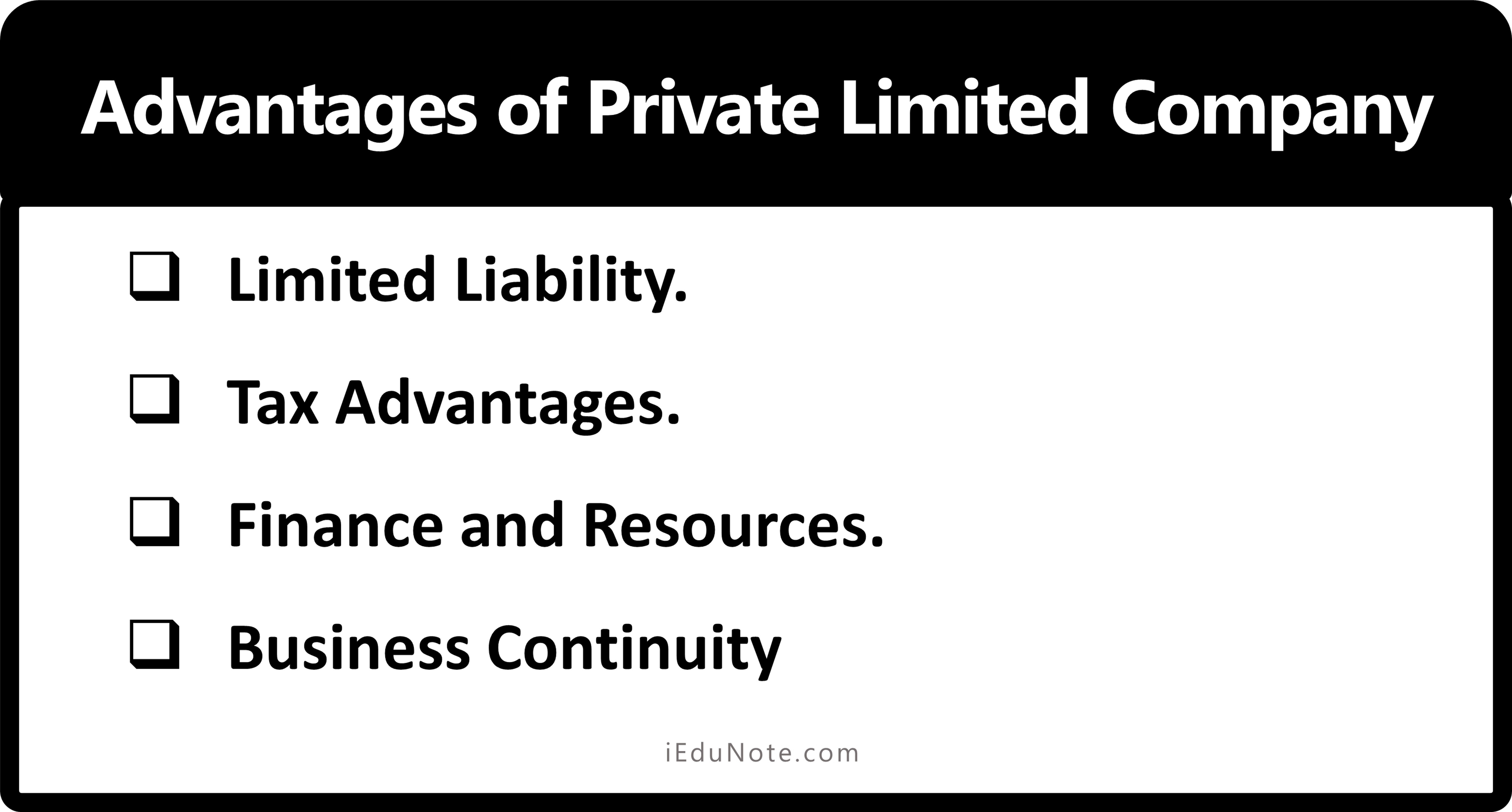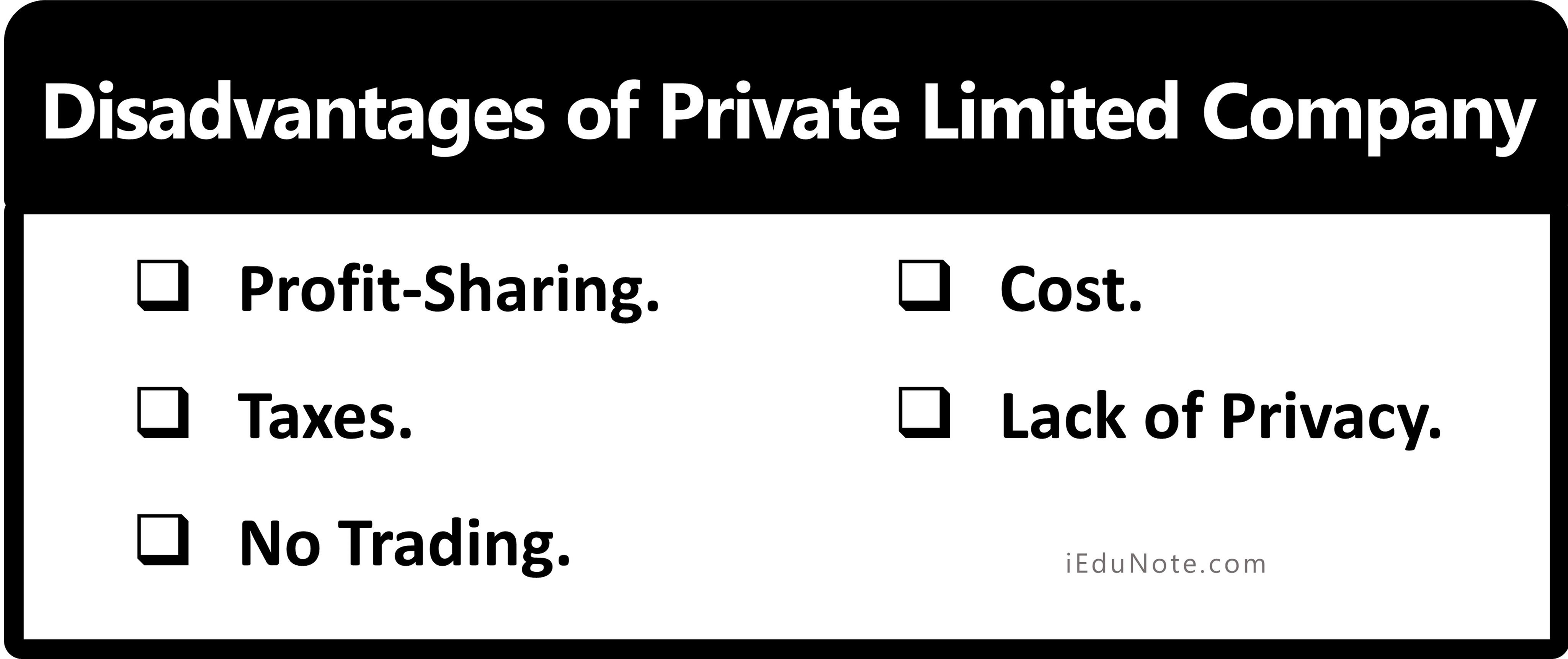A private company is owned entirely by a relatively small group of individuals or other entities providing capital. By definition, private companies don’t raise money by selling shares to the investors close to the founders, banks, and funds that specifically invest in private companies.
A privately held company has more flexibility in how it operates because it answers to fewer masters than a public one.
The group with money on the line is restricted and select.
A private company does not have to offer up detailed information on how it’s faring for public and government scrutiny, as do public companies under the regulations of the Securities and Exchange Commission.
Companies can go from private to public, by selling shares to the public, often as a way to raise a large amount of money.
In reverse, public companies can be taken private if, for example, a majority owner wants to consolidate control.
A private company does not have shares of stock listed on an exchange for public sale, so it is not capable of being publicly traded in the secondary market.
Advantage of Private Limited Company
The private limited company is a proven, successful business model. The business owners hold all shares of the company privately.
Shareholders may operate the business themselves, or hire directors to manage the company on their behalf.
Forming private limited companies results in the protection of personal assets, access to more resources, financial assistance, and greater tax cuts.
So, some advantages of a private limited company are;
- Limited Liability.
- Tax Advantages.
- Finance and Resources.
- Business Continuity.

Limited Liability
The greatest benefit of private limited companies is limited liability.
Private limited companies, according to Apex, are treated as a single entity, making the company responsible for all debts.
If anything happens to the company, its members are not personally affected; members are only liable for unpaid shares.
“Officers of the company retain their company salaries, they cannot be made bankrupt, and they are free to form a new company,” says Apex.
Fraud is the only instance of unprotected liability.
If creditors lose money through director fraud, the directors’ liability is without limit.
Tax Advantages
Private limited companies enjoy tax advantages in addition to limited liability.
These companies pay corporation tax on their taxable profits and tend to be exempt from higher personal income tax rates.
Forming a company instead of continuing as a sole trader or sole proprietor opens the door to more tax-deductible costs and allowances redeemable against profits.
Finance and Resources
When more resources or large-scale production is necessary, forming a private limited company protects the interests of lenders.
With adequate funding, your company can produce goods at a lower cost, thus increasing profits and customer satisfaction. Furthermore, the future of the business becomes more secure.
DIY Accounting reports private limited companies “tend to retain more funds within the business to meet future financial commitments, which aids year on year growth” compared to sole proprietors.
Business Continuity
Private limited companies enjoy permanent succession because the company is its legal entity. Shareholders and employees act “as agents of the company,” and therefore, do not affect the company if they leave.
In the event of a death or resignation, the company’s Articles of Association allocate the shares to remaining members. Discontinuation of the company only occurs through liquidation or similar means.
Guaranteed succession not only benefits members but secures jobs and resources for the community.
Disadvantages of Private Limited Company
Private limited companies are often considered the United Kingdom’s version of limited liability companies.
Though they have many advantages, including shareholders’ limited liability, the ability to make agreed-upon business decisions, and business stability, the business is not interrupted by events such as the death of a shareholder; for instance-there are also many disadvantages.
High taxes, smaller dividends, and complex set-ups often deter small- and medium-sized business owners from setting up private limited companies.
So, some disadvantages of a private limited company are;
- Profit-Sharing.
- Taxes.
- No Trading.
- Cost.
- Lack of Privacy.

Profit-Sharing
Many private limited companies, or Private Limited Companys, are very profitable. In most cases, Private Limited Companys’ profit rises to cent percent.
Unfortunately, the profits become diluted because it is not evenly distributed among the shareholders.
Taxes
Registered directors of Private Limited Companys must maintain impeccable records of profits and losses, including income and expenditures.
These records must be kept for at least seven years and are used to complete the corporation’s tax returns every year. Private Limited Companys must also pay taxes and insurance for their employees.
No Trading
Shareholders in a Private Limited Company are not able to sell or transfer their shares to the general public.
The 50 or so shareholders that comprise a Private Limited Company must keep their shares and cannot trade them on any stock exchange.
Cost
A Private Limited Company can be very expensive to create, as it must pay not only taxes and employee insurance but also any legal fees or other incidentals involved in the business.
Private Limited Companys can also be quite complex, meaning that lawyers and accountants almost always need to be involved in the Private Limited Company from the start, which can be costly.
Lack of Privacy
Even though shares in a Private Limited Company cannot be publicly traded, information concerning the company is made public.
Account balances and details about the company’s directors, including their names and contact information, must be made available upon request.